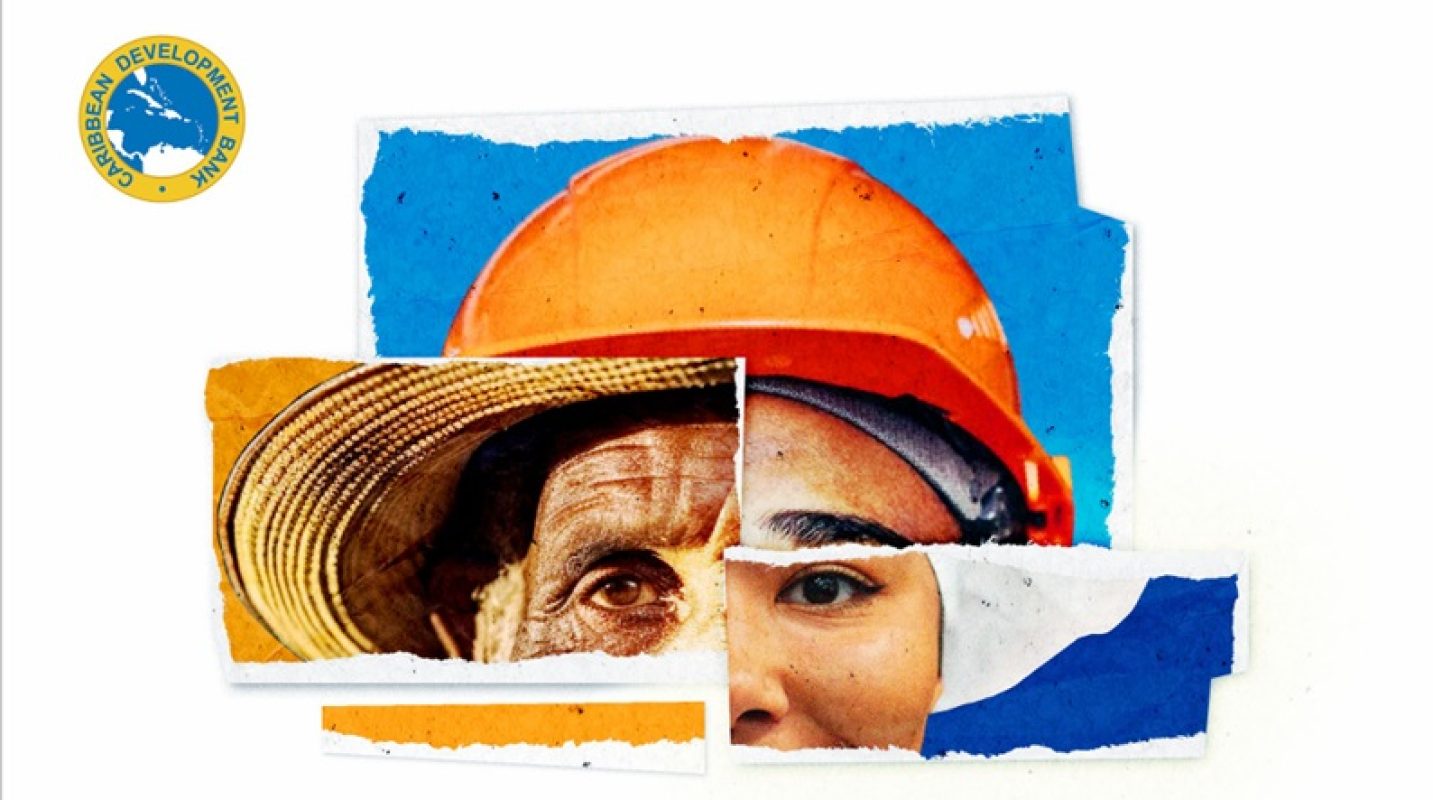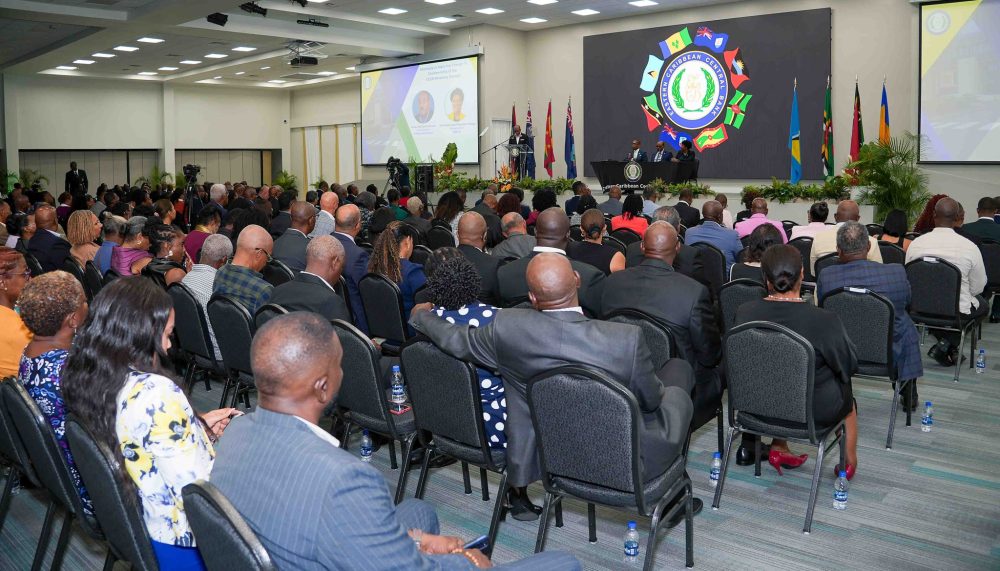A new regional labour market study published by the Caribbean Development Bank (CDB) has shed light on persistent inequalities across gender and age lines in the Caribbean workforce and Montserrat is one of the member states lacking critical legal protections for workers.
The report, titled Labour Market Differentials in the Caribbean: Gender, Age, Indigeneity, examines the challenges facing fifteen client countries, including Montserrat, and calls for urgent reforms to address structural inequalities that have only deepened in the wake of the COVID-19 pandemic.
Montserrat Among Countries Lacking Gender Equality Laws
One of the report’s most striking revelations is that Montserrat, alongside Belize, Grenada, St. Kitts and Nevis, and Saint Lucia, has no legislation ensuring equality of opportunity and treatment in the workplace. This includes a lack of legal mandates for equal pay for equal work or protections against gender-based discrimination in employment, shortcomings that the CDB warns are reinforcing wage gaps and limiting women’s economic independence.
While other territories such as Jamaica and Trinidad and Tobago do have some legislation in place, the report notes that in many cases, existing laws do not fully cover industrial jobs for women or fail to mandate equal remuneration, allowing gender wage gaps to persist.
Education Gains Not Translating into Labour Market Equity
Despite higher tertiary education completion rates among women in almost all countries studied, this academic success has not led to equitable outcomes in the labour force. Female labour force participation rates remain significantly lower than those of men, and women continue to face greater barriers in accessing formal employment, a reality exacerbated by disproportionate unpaid care responsibilities and under-resourced support systems, especially during COVID-19 lockdowns.
The study also notes that Montserrat was not among the territories reporting comprehensive data on school completion and NEET (Not in Employment, Education, or Training) rates. This absence makes it harder to design effective interventions.
Youth Employment Fragile and Under Pressure
The situation is equally troubling for the region’s youth. Young people across the Caribbean face much higher unemployment rates than the general population, and their jobs are less resilient to economic shocks. According to the report, nearly one in four young people is unemployed, with young women faring even worse – over 30% are out of work compared to 20% of young men.
Read the Labour Market Study.
The youth employment issue is not only a supply-side challenge. Even those with higher levels of education struggle to find jobs due to limited demand in the labour market. The CDB notes that the rise in informal and gig-based employment offers fewer protections and limited career advancement, particularly for young workers.
Call to Action for Legal and Institutional Reform
The report calls on Montserrat and other lagging countries to prioritise legislative reform, improved data collection, and stronger institutional support to build more inclusive labour markets. It recommends integrating gender and youth equity goals into national development plans and aligning policies with international labour standards, such as those set out by the International Labour Organization.
There is also a push for better social dialogue mechanisms and capacity building for Ministries of Labour, which are often under-resourced and seen as low priority within government structures.
Digital Divide and the Future of Work
The report also flags concern about regional readiness for the digital workplace. While digital platforms offer new opportunities, they also risk entrenching inequality for those without access. The CDB warns that unless territories like Montserrat strengthen digital infrastructure and invest in training, they risk being left further behind in the Fourth Industrial Revolution.
Conclusion
The Labour Market Study paints a stark picture of an uneven recovery and widening gaps, especially for women and young people. For Montserrat, the message is clear: without bold policy reforms and legal protections, it risks perpetuating a cycle of vulnerability and exclusion in its labour market.
Read the Labour Market Study.
Source: Labour Market Differentials in the Caribbean: Gender, Age, Indigeneity | Caribbean Development Bank
Discover more from Discover Montserrat
Subscribe to get the latest posts sent to your email.









